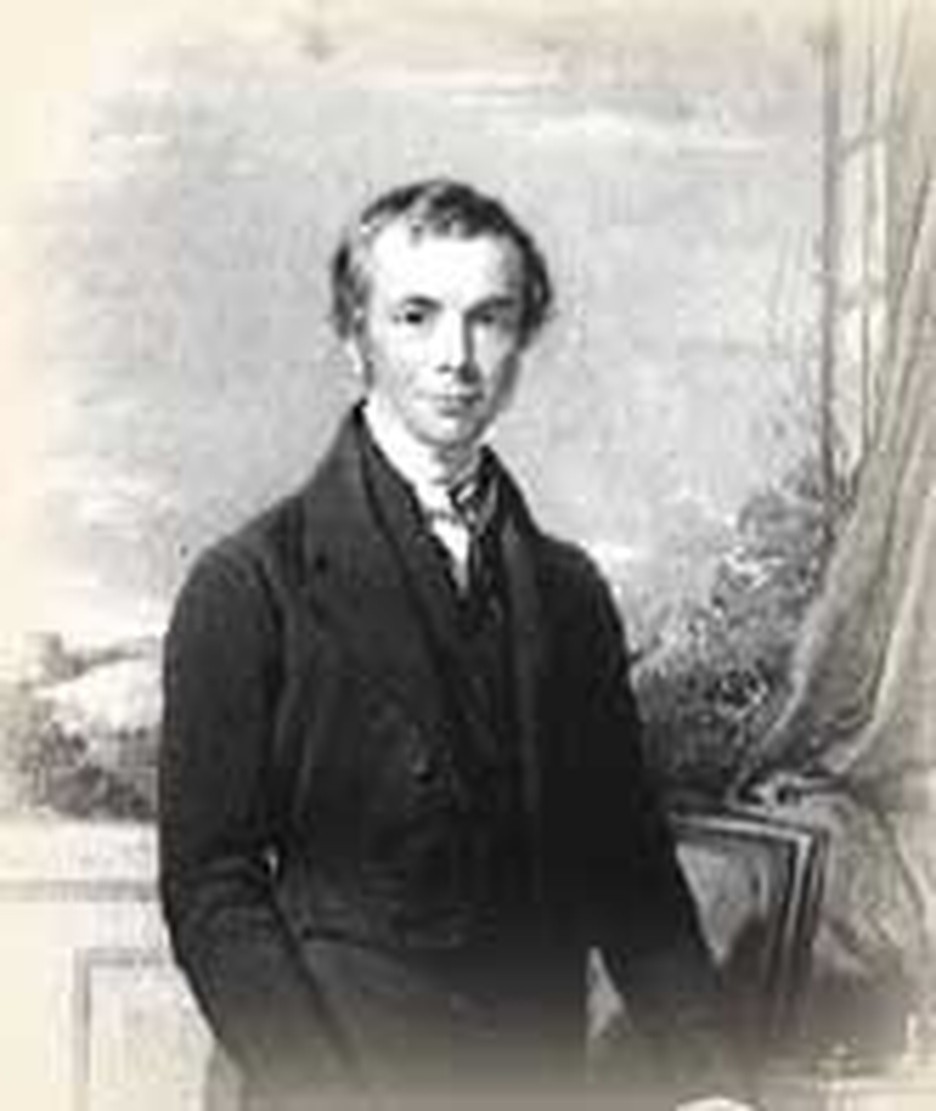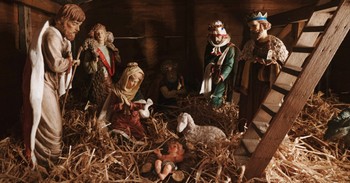
"Sunday, July 14th, Mr. Keble preached the Assize Sermon in the University Pulpit. It was published under the title of 'National Apostasy.' I have ever considered and kept the day, as the start of the religious movement of 1833." So wrote John Henry Newman as the closing words of Part III of his Apologia Pro Vita Sua.
The religious movement of which he spoke was the Oxford Movement, a stirring toward reformation by the high church adherents of the Church of England which began with Keble's sermon on this day, July 14, 1833. (High church refers to those elements of ritual and doctrine which hark back to the church's Roman Catholic roots.) The movement's immediate cause was the attempted suppression by the British government of ten bishoprics in Ireland, but the reform leaders were also disturbed by a general decay and loss of moral fiber in the church. At issue also were the words of the creed, "I believe in one holy catholic and apostolic church," which had been sorely lost by the rapid fission of Protestantism into sects.
Keble declared that England had for centuries been acknowledged as a Christian nation. Logically this meant that the nation was bound by the laws of Christ's church. If public opinion was calling for action in defiance of those laws, the nation was apostate.
Oxford men of the highest caliber gathered around Keble and tried to form a plan of action. Among these individuals were two notable scholars, John Henry Newman and Richard Hurrell Froude. In order to bolster its position, the high church movement sought a basis for authority in the past of the church. They looked to creeds and apostolic succession as outward manifestations of ancient authority. Some of the intellectuals who joined the movement also took an interest in reviving the architectural styles and arts which had long been associated with the faith. Newman and others sought a new level of spiritual life for the church with Newman's preaching a sermon titled "Holiness Necessary for Future Blessedness."
The Oxford Movement began as an effort to reform the Church of England. It reached a crisis in 1841 when Newman issued Tract 90 in his continuing series. This claimed that the 39 articles of the Church of England could be interpreted in a Catholic way. In the resultant furor, he was forbidden as a churchman any longer to publish tracts. He resigned his positions and, like Henry Manning and William Ward, became Roman Catholic. Keble, Edward Pusey, and Charles Marriott remained in the Church of England and took leadership of the movement.
The overall effect of the movement was to restore a higher level of spirituality among the English clergy. It also forced a reexamination of the doctrinal and authoritative bases of the church.
Bibliography:
- Eerdman's Handbook to the History of Christianity. Edited by Tim Dowley. Berkhamsted, Herts, England: Lion Publishing, 1977.
- Lock, Walter. John Keble, a Biography. Methuen and Co., 1893.
- Newman, John Henry. Apologia pro vita sua. Garden City, New York: Doubleday, 1956.
- Oxford Movement. The Oxford Dictionary of the Christian Church. Edited by F. L. Cross and E. A. Livingstone. Oxford: Oxford University Press, 1997.
- Wells, Amos R. A Treasure of Hymns; Brief biographies of 120 leading hymn- writers and Their best hymns. Boston: W. A. Wilde company, 1945.
- Various encyclopedia articles.
Last updated April, 2007.







